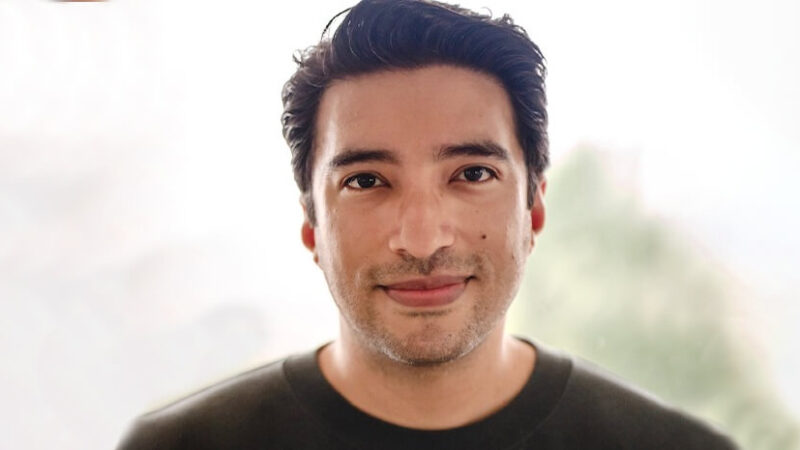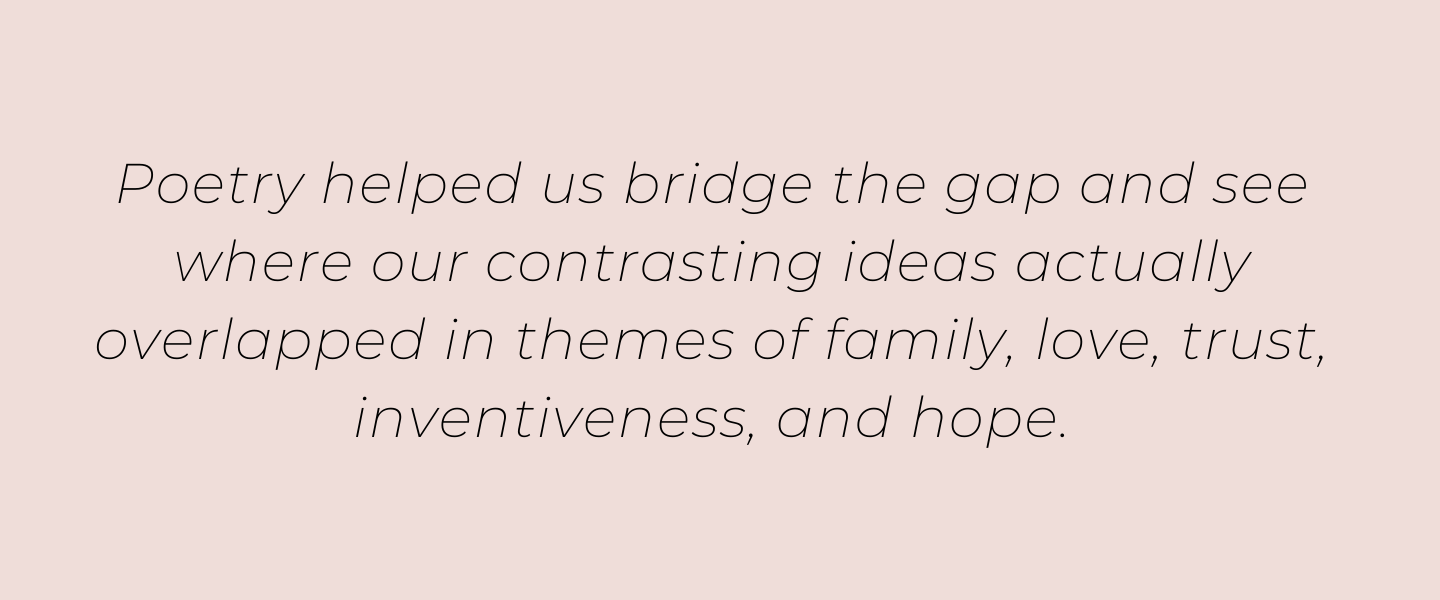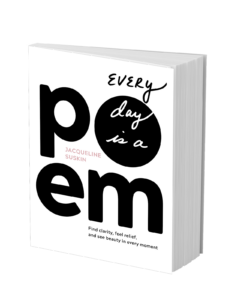
Our shadow-bound conditioning shows itself most often through reactivity. When we’re reactive, we’re automatically reverting to and acting out conditioned behavior, usually in ways that are emotionally disproportionate to what’s warranted in a given situation.
Reactivity is the knee-jerk dramatization of activated shadow material. Self-justifying and far from self-reflective, reactivity features a very predictable take on what’s going on, which we proceed with even if we know better.
The signs of reactivity include:
An exaggerated attachment to being right. If someone points out this attachment to us when we’re being reactive, it usually only amplifies our righteousness.
Emotional distortion and/or overload. More often than not, this behavior gets quite melodramatic. We may use emotional intensity to back up what we’re doing.
Using the same words and ideas from previous times we’ve been triggered. It’s as if we’re on stage saying our lines as dictated by the same old script. We’re acting and re-acting, even when we know we’re doing so.
A lack of—or an opposition to—self-reflection. The refusal to step back, even just a bit, from what’s happening fuels the continuation of our reactivity.
A loss of connection with whomever we’re upset with. Our heart closes.
A loss of connection with our core. We’re immersed instead in our reactivity.
Here’s an example of how to skillfully—and nonreactively—handle reactivity. Imagine you’re embroiled in a reactive argument with your partner or a close friend. You’re dangerously close to making a decision about your relationship to them that you vaguely sense you’ll later regret, but damned if you’re going to hold back now! After all, don’t you have a right to be heard?
Things are getting very edgy. Then, rather than continuing your righteous, over-the-top dramatics, you admit to yourself that you’re being reactive. Period. You step back just a bit from all the sound, fury, and pressure to make a decision about your relationship with this person. You’re still churning inside, but the context has shifted. You’re starting to make some space for the reactive you instead of continuing to identify with it. There’s no dissociation here — just a dose of healthy separation, some degree of holding space for yourself, perhaps even some trace of emerging care for the other person.
On the outside, you’re slowing down and ceasing to attack the other, saying nothing more than what you’re feeling, without blaming the other for this. You’re starting to allow yourself to be vulnerable with the other. You’re interrupting your own reactivity.
Your intuition begins to shine through all the fuss. You start to realize that, while you were being reactive, your voice sounded much like it did when you were seven or eight years old. The same desperation, the same drivenness, the same cadence. You were hurting considerably then and trying to keep your hurt out of sight, because earlier times of expressing it had been met with parental rejection and shaming.
You’re still on shaky ground, though, and could still easily slip back into your reactive stance. Just one more shaming or otherwise unskillful comment from the other could do the trick. So you soften your jaw and belly, bend your knees slightly, and take five deep breaths, making sure that you count each breath on the exhale. You know from previous experience that these somatic adjustments will help settle you; they are your go-to calming responses for stressful moments.
As the out-front reality of your reactivity is now in clear sight, you feel shame. Some of this is a beneficial shame, activating your conscience, letting you know that you crossed a line with the other and that a genuine expression of remorse is fitting. You say you’re sorry, with obvious vulnerability. Sadness surfaces in you. You don’t make excuses for your reactivity. Instead, you make your connection with the other more important than being right.
And a very different kind of shame also arises, one that’s far from beneficial. This shame activates not your conscience but your inner critic (heartlessly negative self-appraisal). It’s aimed not at your behavior but at your very being, taking the form of self-flagellation for having slipped—a self-condemnation that, if allowed to run free, mires you in guilt and keeps you from reconnecting with the other. You acknowledge the presence of this toxic shame, saying to yourself that your inner critic is present. It’s not nearly as strong as it usually is, fading quickly as you name it. You choose to address it in depth later on, outside of the argument you were just having, as part of your ongoing shadow work. Reconnecting with the other is a priority now, and it’s happening, bringing relief and gratitude to you both.
Excerpted from Bringing Your Shadow Out of the Dark: Breaking Free from the Hidden Forces That Drive You by Robert Augustus Masters.


Robert Augustus Masters, PhD, is an integral psychotherapist, relationship expert, and spiritual teacher whose work blends the psychological and physical with the spiritual, emphasizing embodiment, emotional literacy, and the development of relational maturity. He is the author of thirteen books, including Transformation through Intimacy and Spiritual Bypassing. For more information, visit robertmasters.com.
Buy your copy of Bringing Your Shadow Out of the Dark at your favorite bookseller!






 Jacqueline Suskin
Jacqueline Suskin




